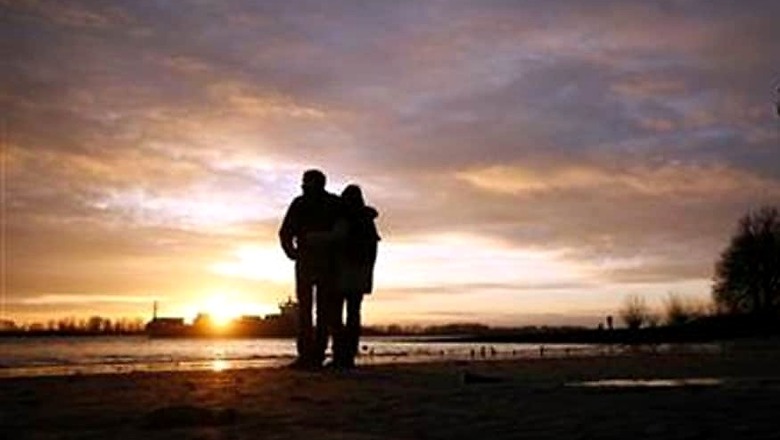
views
New Delhi: Compelling a man to live separately from his old parents would amount to cruelty on the part of his wife and it may become a ground to seek divorce, the Kerala High Court has held.
A bench of Justices AM Shaffique and Mary Joseph underscored that it would certainly be “torturous” and “unbearable” for a man to be forced to choose between his ageing parents on one hand and his wife and child on the other, and any such compulsion without justified reasons could form a reason to get divorced under the law.
The High Court was adjudicating a petition for dissolution of marriage by a man, who stated that it was impossible for him to continue in the marriage because of the hatred that his wife had for his mother, and the doggedness by her to have a matrimonial house without his mother’s presence. According to him, she would also threaten him with committing suicide and naming him and his mother as responsible.
On the other hand, the wife had claimed that the man was ill-treating her under influence of his mother and had become a drunkard, often misbehaving with her and their daughter that left her with no choice but to go back to her parents.
The woman, in her statement, also stated that she was willing to join her husband but only when the mother-in-law is gone while pointing out that the latter was culpable for all the problems between the couple. She had further testified that her mother-in-law would make her to do all domestic work even during the convalescent period after a surgical operation and was thus cruel towards her.
The High Court, while allowing the decree of divorce, noted that her statement was a corroboration that she never liked her mother-in-law and would persist that she would live with the husband to the exclusion of his mother, which in turn created troubles in paradise.
“The respondent (wife) was very particular to have a more comfortable and happy life to the exclusion of petitioner's (man’s) mother who, according to her, was the root cause for problems to originate in her matrimonial life... Evidence indicates that the respondent and the petitioner's mother were not cordial and clashes were frequent. Therefore, it is natural for the petitioner to be a scapegoat of the differences,” held the bench.
It maintained that in a situation like this, it is also natural for a wife to make persistent effort to constrain her husband to be separated from the family life and that would undoubtedly be tortuous for him.
“In the case on hand the petitioner's turning to be a drunkard can only be taken as the natural outcome of the pressure exerted on him by the respondent to have a separate residence to the exclusion of petitioner's mother. The persistence of the respondent was unbearable for the petitioner,” noted the bench, citing this torture as a chief reason why the man avoided his wife’s company after she had left for her parents’ house.
About being asked to do domestic work and the wife’s squabbles with her mother-in-law, the High Court said: “No family is totally devoid of clashes among members constituting it. It is common for elders to scold and sometimes abuse youngsters. Making a daughter-in-law to do the house hold/domestic work is also not something unusual. From the evidence tendered by the respondent, it is all the more clear that the afore-stated factors formed the basis for her ill-will to petitioner's mother.”
The bench thus held that there was no justifiable reason for the wife to get her mother-in-law excluded from the family or to be desirous of having a separate residence to the exclusion of her, and relied upon a Supreme Court judgment in 2016 that held it would amount to cruelty under the Hindu Marriage Act if a woman, for no sufficient reasons, torment her husband for leaving his old and ageing parents.
The High Court then allowed decree of divorce, holding as: “Evidence as discussed above is satisfactory for us to take a view that the respondent has treated the petitioner with cruelty sufficient enough to grant a decree for dissolution of marriage in his favour.”



















Comments
0 comment